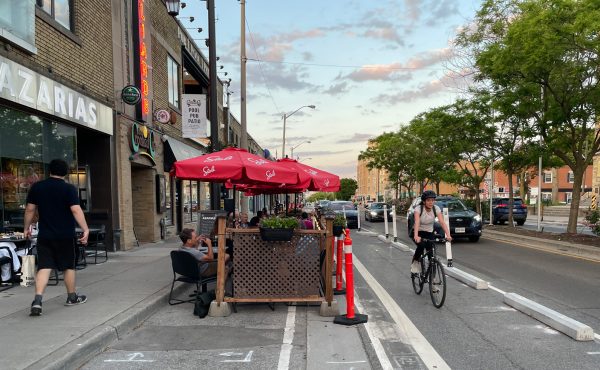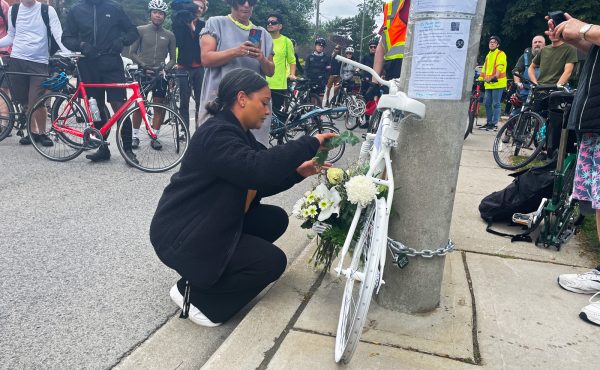Each week we will be focusing on blogs from around the world dealing specifically with urban environments. We’ll be on the lookout for websites outside the country that approach themes related to urban experiences and issues.
![]()
• UPDATE: Census 2010 figures, released March 22nd, add credence to Steve Tobocman‘s case for greater immigration to Detroit. According to the Detroit News, the city’s population fell by 25% over the last decade to its lowest population in a century. The bad news left Mayor Dave Bing requesting a recount; a population of 750,000 is a crucial threshold for national funding (New York Times). For more census highlights, check out Next American City‘s roundup.
• Allison Arieff at the New York Times argues that manufacturing in North America isn’t dead, it has just changed shape. Successful manufacturers in today’s economy work in smaller, crafted batches which allow them to more easily respond to consumer preferences. She highlights “pride of place” as an essential ingredient in the brands of many local manufacturers; one that enshrines the role of local companies as more than just producers – as contributing members of their local community.
• In Bradford, England, a theatre troupe is celebrating the decline of the manufacturing landscape in another way. The Mill: City of Dreams is a play that celebrates the city’s Lumb Lane mill and its rich history as a yarn-producing powerhouse. The play, staged in the abandoned mill, builds on interviews with residents and ex-mill-workers. (The Guardian)
• During times of fiscal austerity, governments are often reluctant to invest in showy place-making initiatives. But as the Project for Public Spaces suggests, many of the most authentic places in our cities are created out of incremental, low-cost, local improvements spearheaded by citizens, entrepreneurs, developers and city staff. They advocate for a Lighter, Quicker, Cheaper approach to place making and provide examples of this approach in transportation, multi use destinations, and architectures of place.
• Human Transit tackles the disproportionate effects of road tolls on the poor with a comparison to transit fares for students and seniors.
Image from Eric Fischer, courtesy of Next American City
Do you have a World Wide Wednesday worthy article you’d like to share? Send the link to www@spacing.ca




